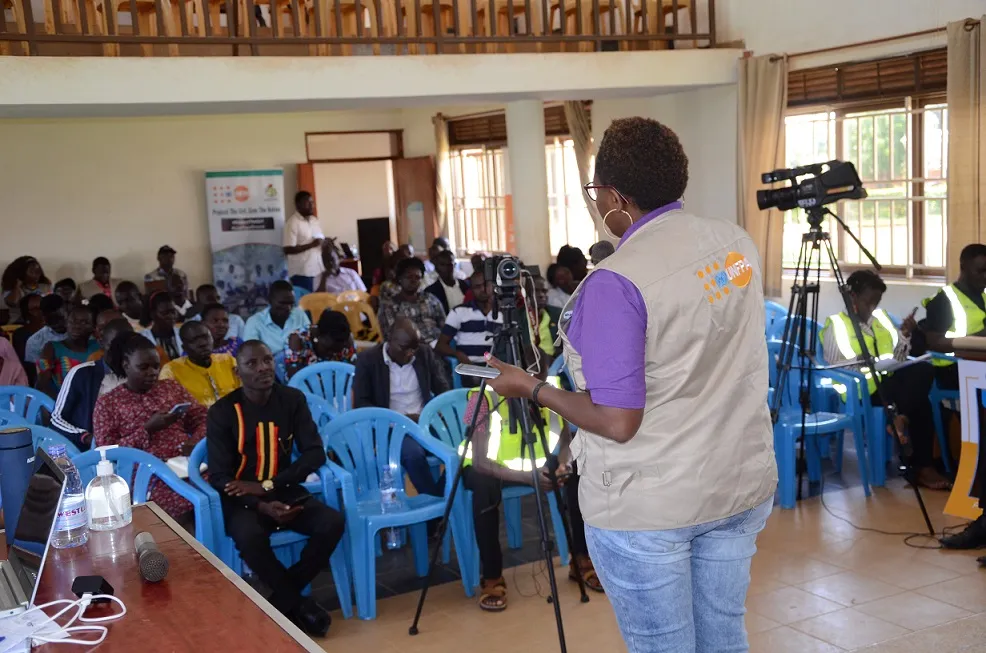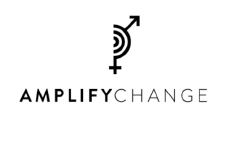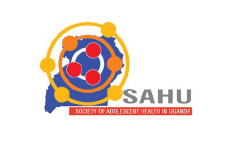Behavioral Change & Advocacy

Empowering Youth to Demand Better Services
True empowerment begins when youth become architects of the change they seek
NTIHC’s social accountability model trains young people to monitor, report, and influence health service quality in their communities. Whether through youth scorecards, community dialogues, or district engagements, adolescents are encouraged to ask questions, track commitments, and co-create solutions with local leaders.
In districts like Butambala and Nakaseke, youth have successfully advocated for the inclusion of adolescent health in district plans and budgets. Their voices are shaping services that are more responsive, equitable, and youth-driven. This model shifts the power dynamic—young people are no longer passive recipients of care, but active stakeholders in system performance.

Building Partnerships for Accountability
NTIHC works closely with district health teams, schools, and civil society to institutionalize accountability practices. Youth representatives participate in health reviews, while data from peer monitoring informs district-level decisions. Through such partnerships, NTIHC ensures that accountability goes beyond token participation. It becomes a standard of governance, driving systemic improvements and transparency. By embedding accountability into youth health programming, NTIHC promotes not just better services—but a stronger democracy rooted in inclusion and responsiveness.










